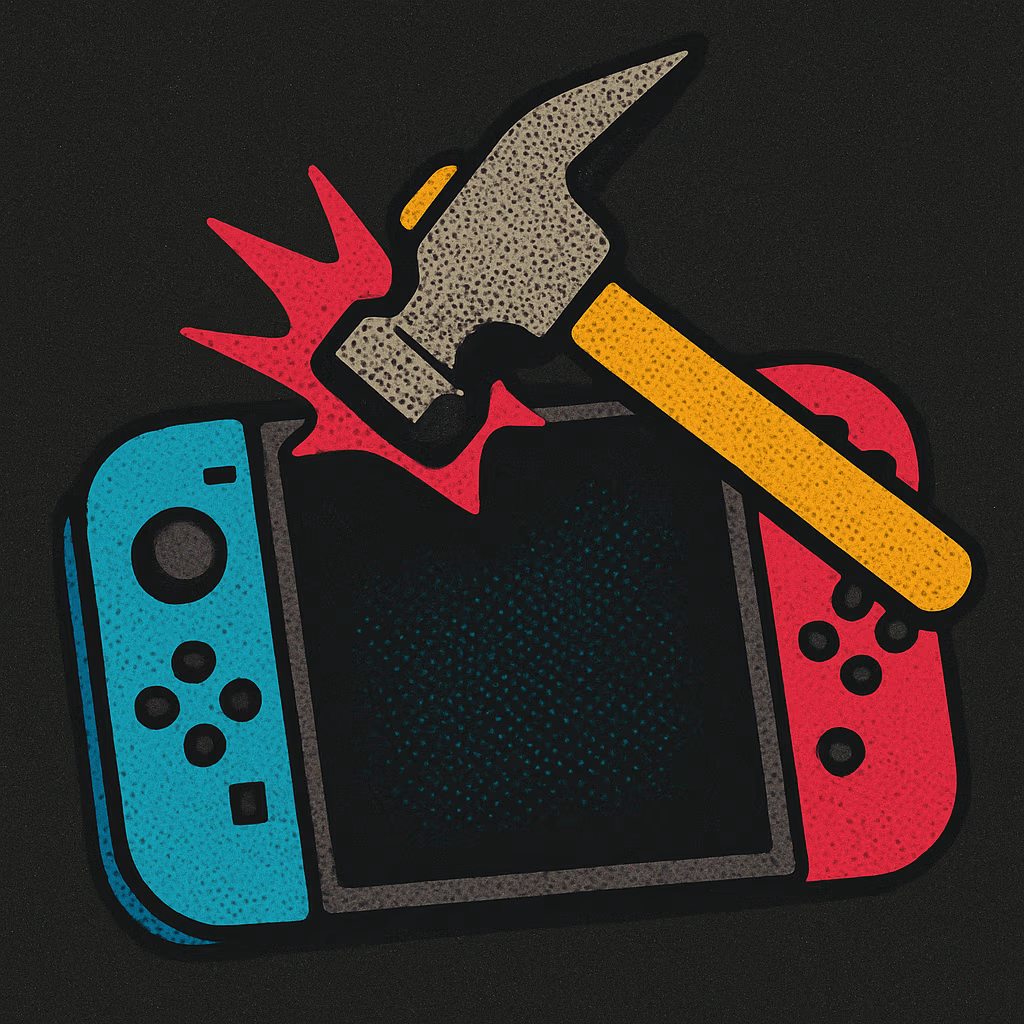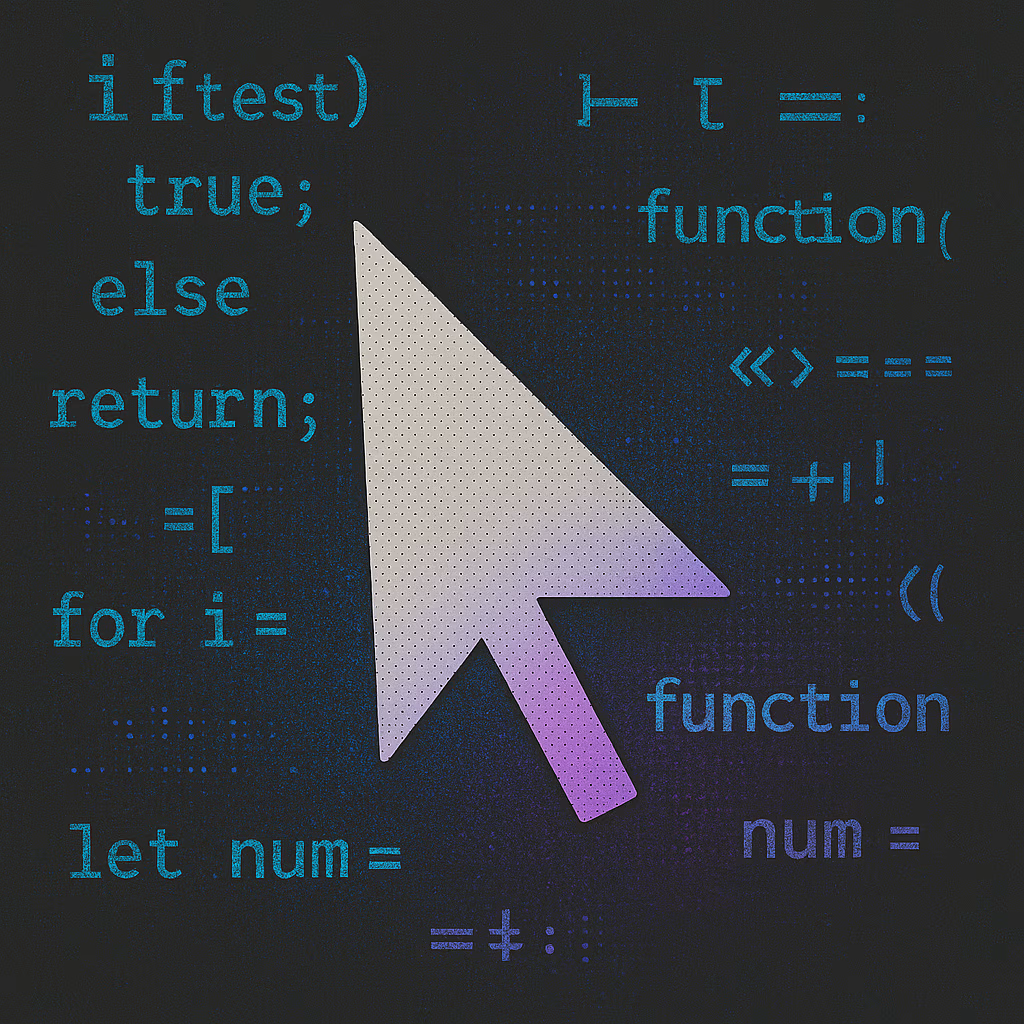
Nintendo’s Escalating War on Switch Hacking and Piracy
Nintendo, a company known for its family-friendly image and beloved characters, has never pulled punches when it comes to protecting its intellectual property. The latest salvo in their ongoing war against console hacking and piracy, as recently reported by Ars Technica, is particularly striking: the apparent threat of remotely bricking hacked Nintendo Switch consoles.
While Nintendo hasn’t explicitly confirmed a widespread “bricking” policy in a public announcement, the reports paint a concerning picture for anyone who has modified their Switch, even for seemingly innocuous reasons like homebrew development or running legally obtained backups. The potential consequences, as outlined in the Ars Technica piece, are severe – rendering a potentially expensive piece of hardware completely unusable.
This move, if indeed a deliberate and actively implemented strategy, marks a significant escalation in Nintendo’s anti-piracy efforts. In the past, their tactics have largely revolved around software updates designed to patch vulnerabilities, legal action against modders and sellers of circumvention devices, and account bans that restrict online services. The specter of remotely disabling consoles, however, carries a much heavier weight.
Why the Hardline Stance?
Nintendo’s aggressive approach is understandable, albeit controversial. Piracy directly impacts their bottom line, undermining software sales and potentially devaluing their intellectual property. They argue that protecting their games and the work of developers is crucial for the long-term health of the gaming ecosystem. Furthermore, unauthorized modifications can introduce security risks and disrupt the intended user experience for legitimate players.
The Fallout for Switch Owners
The potential for bricking has understandably sent ripples of concern through the Switch modding community and even among regular users who might have purchased a second-hand console that was previously tampered with. The line between harmless tinkering, homebrew development, and outright piracy can be blurry, and the fear is that Nintendo’s broad-stroke approach could inadvertently punish those with no malicious intent.
- Loss of Functionality: The most immediate and devastating consequence is the complete inability to use the affected Switch. This represents a significant financial loss for the owner.
- Unintended Targets: There’s a valid concern that consoles modified for legitimate purposes, such as running personal backups or exploring homebrew software, could also be caught in the crossfire.
- Erosion of Trust: Such an aggressive tactic could alienate a segment of Nintendo’s user base, potentially fostering resentment even among those who don’t engage in piracy.
The Ongoing Cat-and-Mouse Game
The battle between console manufacturers and hackers is a long and complex one. Every security measure implemented by Nintendo is met with attempts to find new vulnerabilities. This latest development suggests Nintendo is determined to take a more proactive and potentially irreversible step in this ongoing conflict.
What Does This Mean for the Future?
If Nintendo does indeed implement a widespread bricking policy, it could have significant implications for the future of console modding. The risk of rendering hardware useless might deter many from attempting any modifications. It could also fuel further efforts within the hacking community to find ways to circumvent these new defenses.
Ultimately, Nintendo’s stance highlights the tension between a company’s right to protect its intellectual property and the user’s right to tinker with and customize their own hardware. While piracy is undoubtedly a problem, the potential for collateral damage and the severity of the consequences raise important questions about the ethics and effectiveness of such drastic measures.



